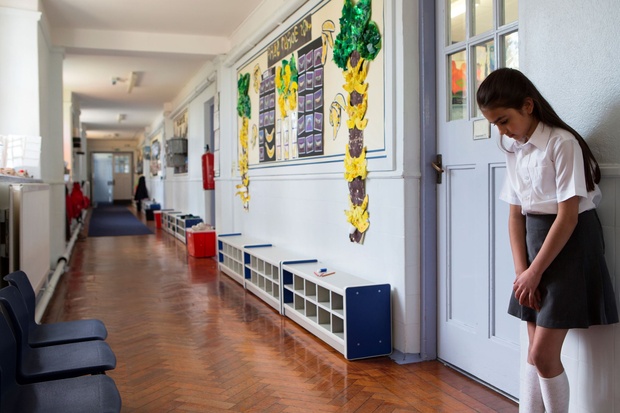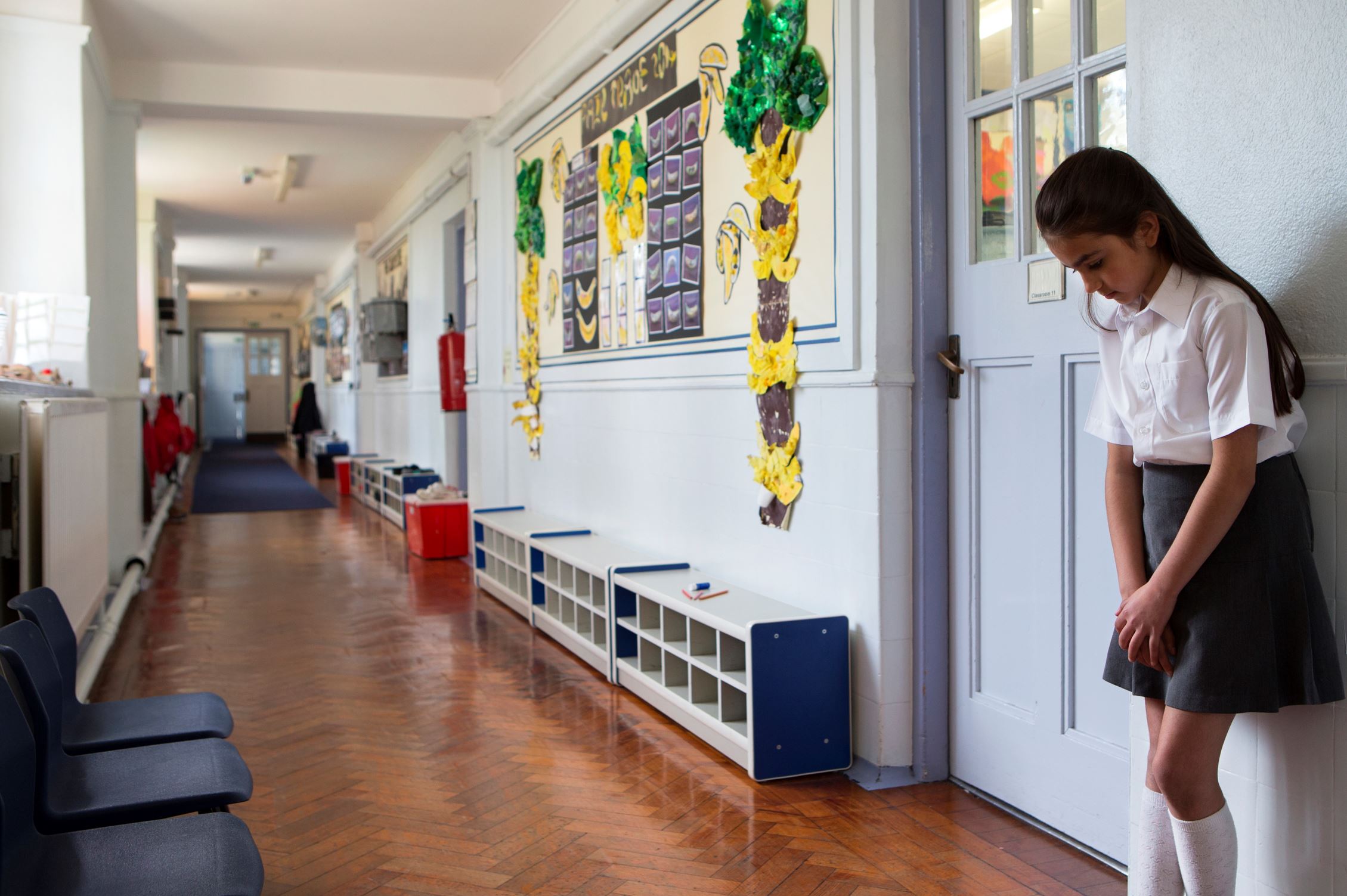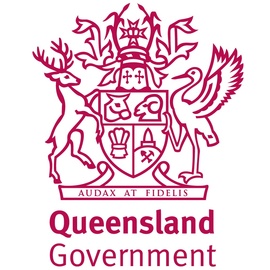So says a string of school leaders and teachers across the state, who have warned of the potential pitfalls of a Bill before parliament seeking to overhaul school disciplinary laws.
The Bill intends to improve ‘procedural fairness’ in decision-making processes for disciplinary absences by handing parents the right to appeal short suspensions when 11 days are accumulated within a school year.
It also requires schools to create student support plans for Aboriginal and Torres Strait Islander students, children with a disability, as well as for Preps who are suspended or excluded.
Experts and inclusion advocates backing the changes claim suspensions should be used as a last resort in schools and have pointed to research which shows disengagement from education leads to a range of unwanted life outcomes, namely an ‘entrenched’ involvement with the youth justice system.
“Nearly every kid in youth detention has first been excluded from school,” Matilda Alexander, chief executive of Queensland Advocacy for Inclusion, told a recent hearing.
“Every child has a right to learn. Let’s keep our kids in schools.”
But educators at the chalkface say the changes would be untenable to implement and detrimental to all those that work and learn in schools.
Danny Keenan, principal of Oakey State High School, in the centre of the Darling Downs, just north west of Toowoomba, expressed deep concern over the proposed overhaul and argued it would “create a potentially inordinate amount of work” for senior leaders across the state.
“We have no issue taking the time to get things right but we already do.
“Every suspension, whether it be for three days or 20, is carefully considered and we always look at the support given to the respective students and families,” he wrote in a submission.
“…Every moment we spend justifying smaller suspensions will take us away from our core business of shaping good people with good opportunities.”
Keenan added that teachers were already leaving the profession ‘in droves’ due in part to the disrespectful actions of a minority of students and the “abuse levelled at schools by a small but vocal group of parents and carers”.
“Please don’t make our jobs harder and at the same time the chances of the vast majority of student succeeding because they can learn in a calm environment,” he concluded.
Prominent Victorian school leader and author Dr Greg Ashman slammed the Bill via X.
“Here we go again – looks like the Queensland Government have been listening to the usual inclusion activists. Why can they not learn from every other attempt to do this?” he posted.
The Queensland Secondary Principals’ Association (QSPA) has also rejected the proposed appeal rights for parents, noting principals already had to provide a “vast array of documentation” in response suspension appeals – and in a context where staff shortages were rampant and school leaders’ workloads were at breaking point.
The Association argued the new appeal laws could undermine public trust in principals’ ability to make decisions in the best interests of their school community and threatened the safety of schools as workplaces.
“Enabling more options for appeal provides exposure to more abuse, harassment, vexatious allegations and violence by parents and carers,” it wrote.
Data from the latest Australian Principal Occupational Health, Safety and Wellbeing Survey shows that 65.6 per cent of school leaders experienced threats of violence from parents and carers last year.
The QSPA said the level of parent questioning and appealing of decisions made by schools had risen significantly in recent years and the overhaul to current disciplinary policies would only worsen the situation.
“Whether it be a parent unhappy about a teacher their child has or how a sporting carnival is organised; a growing number of parents now more readily use and abuse above and beyond their justified right to ask questions.
“Enabling yet another layer of appeal to a principal’s decision making is a further step towards the erosion of trust in principals and their ability to lead the school,” it stated.
Queensland Teachers' Union (QTU) members at Cloyna State School also drew issue with giving parents more appeal rights, indicating it would lead to an uptick in unnecessary and ‘vexatious’ complaints for schools to deal with.
The educators also noted an irony in the proposed laws and the Education Minister's recent commitment to “let teachers teach” by reducing unnecessary bureaucratic paperwork.
More QUT members, this time from Kawungan State School, said if the Government decided to proceed with the bill, it must be willing to provide funding support to the students who remain on-site following “often violent and anti-social behaviour”, as well as to those children forced to learn alongside them.
“Have you considered the ‘Fairness’ this amendment brings to these students?” the group flagged.
“It is also highly important to consider the funding of staff support, for those staff who have not only been exposed to the behaviour, but also had to investigate, provide support to traumatised students and then have to use their own time to write up reports of the incidents.”
The committee’s final report is due on April 19.














